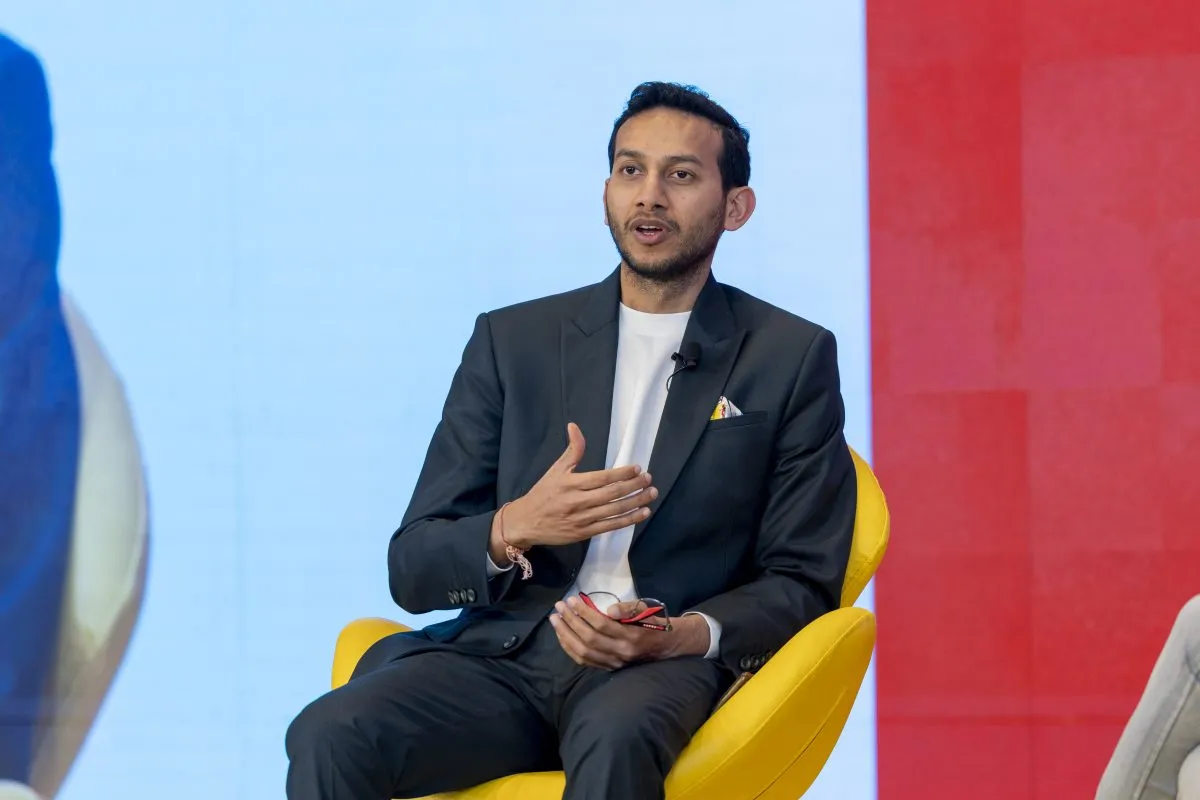Tourism Leaders Plot Strategy in an Age of Permanxiety

Skift Take
 Several tourism ministers and destination marketing organizations said they have to strike a balance between being honest about things that cause anxiety among travelers and being positive about their destinations' best aspects.
Several tourism ministers and destination marketing organizations said they have to strike a balance between being honest about things that cause anxiety among travelers and being positive about their destinations' best aspects.
Permanxiety is a factor affecting many destinations worldwide. A cascade of deadly terror attacks in the world's most-visited cities has put the topic into sharp relief. But uncertainty pervades many aspects of travel in other ways that are less glaring yet still problematic -- ranging from travel bans to health scares to over-crowding at popular locales.
Chatting on-stage at Skift Global Forum in New York on Tuesday, a few tourism leaders said that a mix of honesty and optimism is the best response to Permanxiety. They also said that they believed that marketers play a vital role in helping to shape a destination’s reputation against the context of uncertainty and narratives they can't control.
Julian Guerrero Orozco, vice president of tourism at ProColombia, noted that Colombia is ready to mark the one-year anniversary of its peace deal with the Revolutionary Armed Forces of Colombia (FARC) rebel group that ended decades of violence and unrest.
Orozco said that the country has moved forward with its tourism marketing efforts and that in-bound tourism has been up more than 20 percent in the past year.
"We are frank and authentic in our marketing campaigns, and we acknowledge the history of violence and narcos," Orozco said. Yet he added that ProColombia also highlights that the troubled times are in the past and Colombia's many alluring amenities.
Jordanian minister of tourism and antiquities Lina Annab agreed that almost every destination marketer faces similar challenges. "Today we live in a new normal with uncertainty everywhere -- not just in the Middle East. In the UK they've had five incidents this year that could be called terrorism."
She noted that such incidents can now happen anywhere and that her team's goal is to present her country's message in a fair context.
Annab said that striking a balance between acknowledging people's sometimes-negative perceptions and being clear about a different reality is difficult but essential and, in the case of Jordanian Tourism, effective.
Violence isn't the only source of Permanxiety. A case in point: Ernest Wooden Jr. president and CEO of the Los Angeles Tourism & Convention Board, talked about why LA recently decided to launch an “Everyone is Welcome” campaign.
Wooden said the goal of the campaign was to help combat the xenophobic rhetoric coming out of Washington, D.C., adding that he believed it was important for a tourism board to take a stand on an issue like this.
"We're differentiated from other markets in that we're one of only U.S. cities without a dominant ethnicity," Wooden noted. "We try to play that up in our messaging."
Another topic -- overtourism -- is something that some destination marketers might call "a nice problem to have," but it's nevertheless real. Wooden said that LA does sometimes face an overtourism problem in that one of its most-photographed spots is the Hollywood hills sign but the best viewing spot to see it is in a residential neighborhood.
"We've had cases where it's been hard for ambulances or fire trucks to get where they need to go for emergency services because so many tourists are in the streets in that district," Wooden said.





